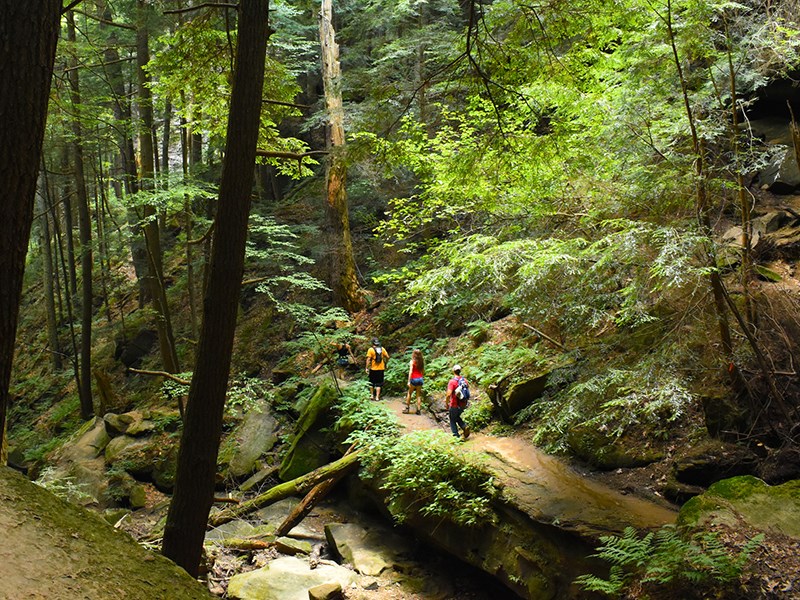Why do we hold greater affection for some people and animals? Most likely there is a relationship, a familiarity.
You have a story together that connects you and, one would hope, it’s an overall story whose chapters you want to keep co-authoring.
Where we place our attention we often place our time and our heart. When it comes to the natural world, it’s no different. The more time we spend immersed in the forests, on the oceans, and gazing at sunsets, the more of a relationship we form with them.
From this place, we are more inclined to act in ways that are caring and even protective of the earth. We start to see how everything is connected when we watch the cycles of nature closely.
The challenge can be that in the modern era there are plenty of ways to isolate. Many children are growing up with no idea how most of their food grows. We spend hours in front of screens, working and being entertained. Much like social media and Instagram may be dulling our social skills, our disconnection from nature may be dulling our understanding of how dependent we are on it.
Let this be an invitation to get outside and play, even if, and maybe especially, on your own. Take time to witness all the wisdom of the earth’s cycles.
Watch the leaves turn into compost on the forest floor. Get dirt under your nails planting a garden this spring. Do a neighbourhood litter clean up with your kids. Hop in a canoe, even on a drizzly day. Stargaze by a bonfire on a clear night. Start a backyard compost. Visit a farm with your family.
Call it nature therapy, rewilding, or exercise. Deepening your relationship with the earth that feeds, clothes and entertains you is rarely something to regret. Creating a positive connection with the natural world can motivate us to make efforts to keep her healthy. The changes in habits we make from this place are more likely to be long-lasting and done from a place of joy.
The mechanization of our time has offered obvious benefits, near instant access to information, for one. The flip side of this is that nature rarely produces fruit as quickly. Spending more time immersed in its slower, more measured pace invites more patience and possibly even more realistic appetites.
Science is now backing up what we inherently know about spending time in green spaces. People are healthier and happier when they have more access to the outdoors and natural landscape. There is growing evidence it even helps our mental capacities, improving memory.
We all know that hard-to-describe good feeling of having spent a day outside, even in less than ideal weather. Instead of trying to convert yourself or others to more sustainable lifestyles, spend some time outside. You might just find that familiarity breeds loving.
Let’s Talk Trash is qathet Regional District’s waste-reduction education program.



